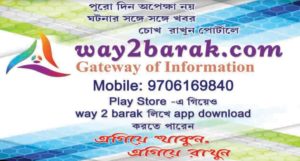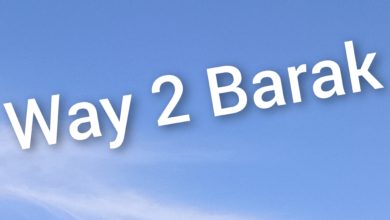Barak UpdatesHappeningsBreaking News
Community Surveillance Program gets underway in Hailakandi
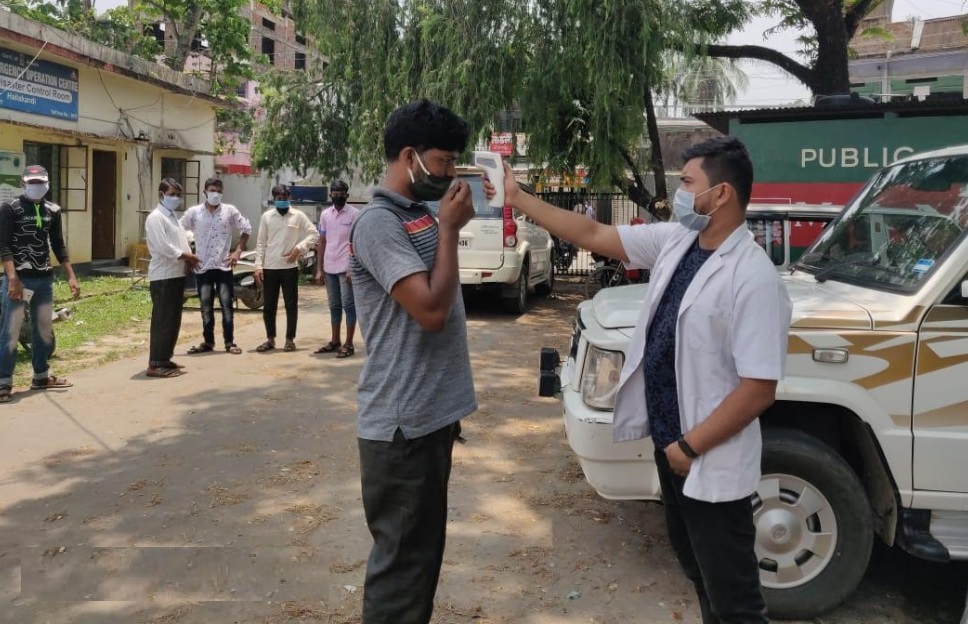
May 13: Community Surveillance Programme is being conducted in a phased manner covering the villages across Hailakandi district. Joint Director, Health Services, Dr.Ramesh Chandra Dwivedy disclosed that the Community Surveillance Programme of Government of Assam is being carried out in a phased manner in the villages and would cover all the 307 villages of the district.
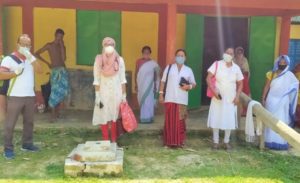 Dr. Dwivedy said through the ‘Community Surveillance Programme’, unreported cases of SARI (Severe Acute Respiratory Infections) and ILI (Influenza-like Illness) would be detected and treatment of symptomatic minor flu cases would be provided at the doorsteps of patients. “We will also strengthen the surveillance for other diseases associated with fever-like Japanese Encephalitis, Malaria, Dengue etc.,” he added.
Dr. Dwivedy said through the ‘Community Surveillance Programme’, unreported cases of SARI (Severe Acute Respiratory Infections) and ILI (Influenza-like Illness) would be detected and treatment of symptomatic minor flu cases would be provided at the doorsteps of patients. “We will also strengthen the surveillance for other diseases associated with fever-like Japanese Encephalitis, Malaria, Dengue etc.,” he added.
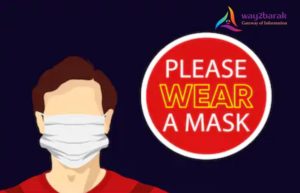 Deputy Commissioner, MN Dahal, who is monitoring, supervising and coordinating the activities with the health authorities, has appealed to the people to cooperate with the health workers visiting their houses so that they can get proper and timely medical care and treatment. “I earnestly appeal to the people of the district to cooperate with ANMs, ASHAs and other health workers and provide them with specific health details while they visit their homes,” said Dahal. As part of the surveillance, the administration wants to reach each and every individual in the district, he added.
Deputy Commissioner, MN Dahal, who is monitoring, supervising and coordinating the activities with the health authorities, has appealed to the people to cooperate with the health workers visiting their houses so that they can get proper and timely medical care and treatment. “I earnestly appeal to the people of the district to cooperate with ANMs, ASHAs and other health workers and provide them with specific health details while they visit their homes,” said Dahal. As part of the surveillance, the administration wants to reach each and every individual in the district, he added.
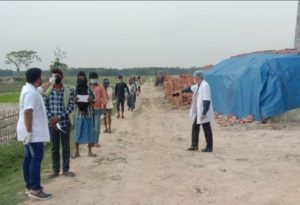
District Media Expert, Monika Das disclosed that around 1,000 doctors, auxiliary nurse midwives, multipurpose health workers, community health officers, accredited social health activists and lab technicians are involved in the mission. “The activity starts with ASHAs who are mandated to visit door-to-door for checking SARI/ILI and fever-related cases. They will prepare line listing of such cases which will be shared with the Community Surveillance Teams (CSTs),” she added.
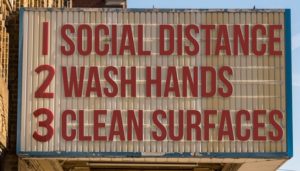 The members of CSTs will visit the houses identified to interact with the suspected cases, confirm the findings, counsel patients including family members and nearby community members. Based on the advice of CSTs, lab technicians will collect swab or blood samples and send them for testing.
The members of CSTs will visit the houses identified to interact with the suspected cases, confirm the findings, counsel patients including family members and nearby community members. Based on the advice of CSTs, lab technicians will collect swab or blood samples and send them for testing.
